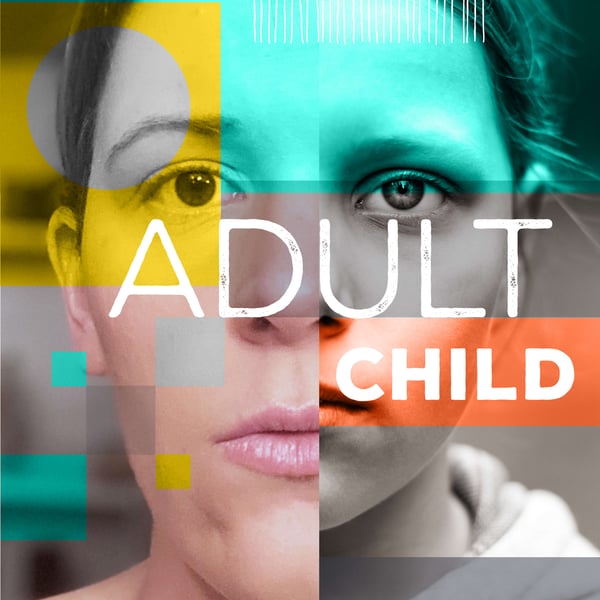Toxic Shame, Slut Shaming & Being Gay When Your Dad is a Pastor
Adult Child
Andrea
4.9 • 1.8K Ratings
🗓️ 14 April 2021
⏱️ 44 minutes
🧾️ Download transcript
Summary
In today’s episode, we take a deep dive into one of the most damaging repercussions of growing up in a dysfunctional family – toxic shame. We are talking about becoming the school slut in the 7th grade, being gay when your dad is a pastor, and what happens when shame becomes one’s identity.
Follow Andrea on social -
www.instagram.com/adultchildpod
Episode Resources -
Healing the Shame that Binds You by John Bradshaw
It Wasn't Your Fault: Freeing Yourself from the Shame of Childhood Abuse with the Power of Self-Compassion Paperback by Beverly Engel
Transcript
Click on a timestamp to play from that location
| 0:00.0 | Welcome back to Adult Child, where we take a deep dive into the impact of |
| 0:29.8 | growing up in a dysfunctional family. And today, we are taking a deep dive into one of the most |
| 0:36.7 | damaging repercussions that comes from growing up in a dysfunctional family. Shame, but not just |
| 0:44.9 | any kind of shame. The kind of shame you feel when you become the school slut in the seventh grade, |
| 0:52.6 | or the kind of shame you feel when you're gay and your dad is the pastor of an evangelical |
| 0:59.8 | mega church. This is what we call toxic shame. And yes, you will be hearing both of those |
| 1:08.0 | stories today. So before we dive into toxic shame, let's talk about regular old shame, the human |
| 1:16.8 | emotion of shame, which is a painful feeling that arises when we have the awareness that we've |
| 1:23.6 | done something dishonorable or improper. And while no one wants to feel shame, obviously, it is |
| 1:31.6 | unfortunately a fundamental part of the human experience. And it's actually healthy to experience |
| 1:38.9 | from time to time. Why do I say that? Well, first off, it lets us know that we aren't a sociopath, |
| 1:46.4 | as sociopaths typically don't experience shame. So yay there. But more importantly, shame often |
| 1:55.1 | serves as the catalyst to positive change in our lives. You see, shame is the red flag to self |
| 2:03.7 | that we have acted out of alignment in a moral sense, that we have acted in a way that is not |
| 2:10.9 | aligned with our integrity. Therefore, it reminds us of our essential limitations as humans |
| 2:18.4 | that we are not perfect, that we will make mistakes. And thus, it presents us with an opportunity |
| 2:26.1 | to grow and become better versions of ourselves. However, this ain't the case with toxic shame. |
| 2:35.5 | You see, toxic shame is internalized shame. And when an emotion is internalized, |
| 2:42.2 | it no longer functions as an emotion, and it becomes one's identity. So one shame is internalized. |
| 2:51.0 | It no longer is an emotion for that person. It is no longer an emotion that signals our essential |
| 2:57.6 | limitations. It becomes a state of being, a core identity, and this is the core identity of an |
| 3:06.8 | adult child. Our childhood experiences may vary, but what lies underneath is this all pervasive |
... |
Please login to see the full transcript.
Disclaimer: The podcast and artwork embedded on this page are from Andrea, and are the property of its owner and not affiliated with or endorsed by Tapesearch.
Generated transcripts are the property of Andrea and are distributed freely under the Fair Use doctrine. Transcripts generated by Tapesearch are not guaranteed to be accurate.
Copyright © Tapesearch 2025.

